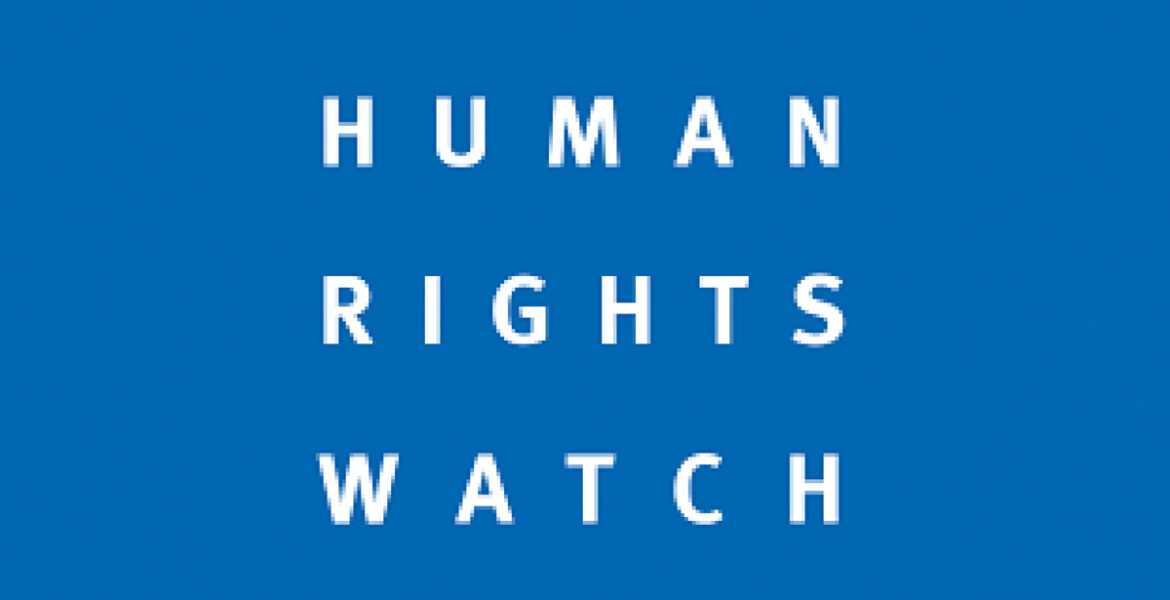The government of Sri Lanka’s proposed Anti-Terrorism Act would empower the authorities to systematically violate fundamental human rights, Human Rights Watch said on April 7, 2023. The government should withdraw the bill and ensure through consultations that any counterterrorism legislation upholds international human rights standards, Human Rights Watch said.
The government pledged to adopt an improved law following domestic and international criticism of abuses under existing counterterrorism legislation. But instead of addressing the problems, the bill would expand the definition of terrorism to include crimes such as property damage, theft, or robbery, and restrict the rights to freedom of assembly and speech.
“The proposed counterterrorism law would permit the Sri Lankan government to continue to use draconian measures to silence peaceful critics and target minorities,” said Meenakshi Ganguly, South Asia director at Human Rights Watch. “The government’s crackdown on dissent and misuse of existing counterterrorism laws to arbitrarily detain protesters highlights the obvious risk of abuse.”
The Anti-Terrorism Bill, which was published on March 22, 2023, is intended to replace the notorious Prevention of Terrorism Act (PTA), which led to widespread torture and arbitrary detentions since its introduction in 1979. While the new bill contains some improvements, it includes provisions that will facilitate abuse. The bill appears designed to give the president, police, and military broad powers to detain people without evidence, to make vaguely defined forms of speech a criminal offense, and to arbitrarily ban gatherings and organizations without meaningful judicial oversight.
In response to criticism from Sri Lankan activists and lawyers, the United Nations Human Rights Council, foreign governments, and the European Union, successive Sri Lankan governments have repeatedly promised to repeal and replace the PTA with rights-respecting legislation.
The Anti-Terrorism Bill is largely based on proposals presented in 2018, when Sri Lanka’s current president, Ranil Wickremesinghe, was prime minister. The 2018 bill was criticized over human rights concerns and was not enacted. Justice Minister Wijeyadasa Rajapakshe recently expressed satisfaction with the new draft and told journalists that “we won’t make any major change to the current version.”
“The Anti-Terrorism Bill needs to be seen both in light of Sri Lanka’s abusive history of counterterrorism powers and the current government’s repression of peaceful dissent,” Ganguly said. “Sri Lanka’s international partners should make it absolutely clear that they will not reward this abuse with trade preferences and other support.”

